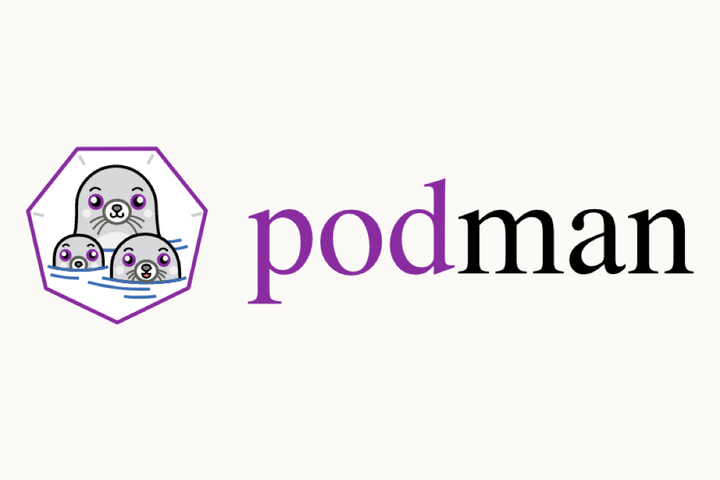Red Hat’s competitive Docker container effort hits a major milestone
with the release of Podman 1.0, which looks to provide improved
performance and security for containers.
Red Hat announced the 1.0 release of its open-source Podman project on Jan. 17, which provides a fully featured container engine.
In Podman 1.0, Red Hat has integrated multiple core security capabilities in an effort to enable organizations run containers securely. Among the security features are rootless containers and enhanced user namespace support for better container isolation.
Containers provide a way for organizations to run applications in a virtualized approach on top of an existing operating system. With the 1.0 release, Red Hat is now also positioning Podman as an alternative to the Docker Engine technology for application container deployment.
“We felt the sum total of its features, as well as the project’s performance, security and stability made it reasonable to move to 1.0,” Scott McCarty, product manager of containers at Red Hat, told eWEEK. “Since Podman is set to be the default container engine for the single-node use case in Red Hat Enterprise Linux 8, we wanted to make some pledges about its supportability.”
McCarty explained that for clusters of container nodes, the CRI-O technology within the Red Hat OpenShift Container Platform will be the default. The OpenShift Container Platform is Red Hat’s distribution of the Kubernetes container orchestration platform.
Red Hat already integrated a pre-1.0 version of Podman in its commercially supported Red Hat Enterprise Linux (RHEL) 7.6 release in October 2018. McCarty said that both RHEL 7 and RHEL 8 will be updated to include Podman 1.0. RHEL 8 is currently in private beta.
OpenShift
CRI-O is a Kubernetes container runtime and is at the core of Red Hat’s OpenShift. CRI-O reached its 1.0 milestone in October 2017. McCarty said Podman was originally designed to be used on OpenShift Nodes to help manage containers/storage under CRI-O, but it has grown into so much more.
“First and foremost, Podman is designed to be used by humans—it’s easy to use and has a very intuitive command-line experience,” McCarty said.

